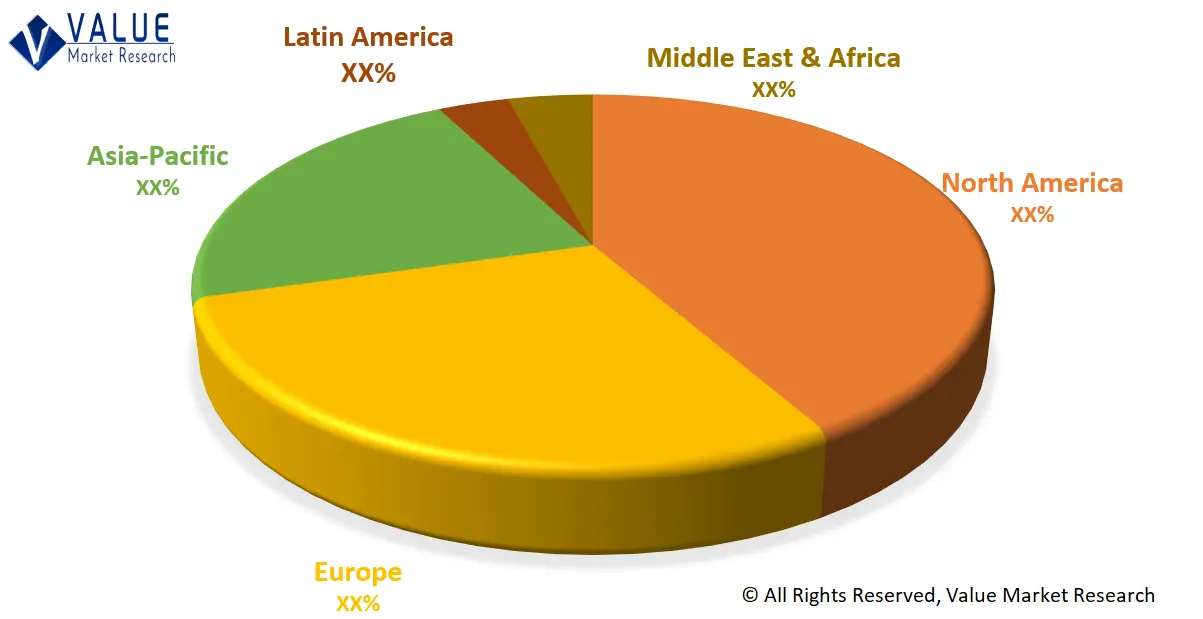The global demand for Managed Security Services Market is presumed to reach the market size of nearly USD 101.13 BN by 2030 from USD 33.9 BN in 2022 with a CAGR of 16.9% under the study period 2023 - 2030.
Managed security services refer to comprehensive security solutions outsourced to a third-party provider to monitor and manage an organization's cybersecurity infrastructure and protect against security threats. These services are designed to enhance an organization's security posture, detect and respond to security incidents, and ensure compliance with cybersecurity regulations and best practices.
Market Dynamics
The managed security services market is propelled by a confluence of factors driven by the increasing complexity of cybersecurity threats and the evolving needs of organizations to safeguard their digital assets. The surge in cyberattacks, including ransomware and data breaches, has made it imperative for businesses to seek professional security services. A critical driver is the shortage of cybersecurity experts, pushing organizations to outsource security functions to managed security service providers. Stringent data protection regulations and the rise of remote work have fueled the demand for these services. Digital transformation initiatives, cloud adoption, and IoT proliferation have expanded the attack surface, necessitating comprehensive security solutions. These providers leverage advanced technologies like AI and machine learning to offer real-time threat detection and response, appealing to organizations seeking cutting-edge security measures. The cost-efficiency of outsourcing, industry-specific solutions, global expansion capabilities, and the emphasis on rapid incident response contribute to the managed security services market's growth. Additionally, the adoption of Zero Trust architecture and the focus on third-party risk management have further cemented the importance of managed security services in modern cybersecurity strategies. As cyber threats evolve, these service providers play a pivotal role in helping organizations protect their critical assets and stay ahead of emerging risks.
The research report covers Porter’s Five Forces Model, Market Attractiveness Analysis, and Value Chain analysis. These tools help to get a clear picture of the industry’s structure and evaluate the competition attractiveness at a global level. Additionally, these tools also give an inclusive assessment of each segment in the global market of managed security services. The growth and trends of managed security services industry provide a holistic approach to this study.
Market Segmentation
This section of the managed security services market report provides detailed data on the segments at country and regional level, thereby assisting the strategist in identifying the target demographics for the respective product or services with the upcoming opportunities.
By Security
- Cloud Security
- Endpoint Security
- Network Security
- Data Security
- Others
By Services
- Managed SIEM
- Managed UTM
- Managed DDoS
- Mnaged XDR
- Managed IAM
- Managed Risk & Compliance
- Others
By Enterprise Size
- Small And Medium-Sized Enterprises
- Large Enterprises
By Vertical
- BFSI
- Healthcare
- Manufacturing
- IT And Telecom
- Retail
- Defense/Government
- Others
Regional Analysis
This section covers the regional outlook, which accentuates current and future demand for the Managed Security Services market across North America, Europe, Asia-Pacific, Latin America, and Middle East & Africa. Further, the report focuses on demand, estimation, and forecast for individual application segments across all the prominent regions.
Global Managed Security Services Market Share by Region (Representative Graph)

The research report also covers the comprehensive profiles of the key players in the market and an in-depth view of the competitive landscape worldwide. The major players in the Managed Security Services market include AT&T, BAE Systems, Inc., Cisco, Check Point Software Technologies, Fortinet, Inc., Fujitsu, IBM, Palo Alto Networks, Rapid 7, Verizon, Wipro. This section consists of a holistic view of the competitive landscape that includes various strategic developments such as key mergers & acquisitions, future capacities, partnerships, financial overviews, collaborations, new product developments, new product launches, and other developments.
In case you have any custom requirements, do write to us. Our research team can offer a customized report as per your need.

